I’d enjoyed reading and reviewing Jerome and His Women. Set in Ancient Rome during an intense period of upheaval, the book tells the tale of St Jerome and the pious, wealthy women who help him translate the Bible from Greek to Latin.
There were three elements to my 477-word review:
- Background of the author, Joan O’Hagan
- A synopsis of the story
- My impression of it.
Could I condense this into 300 words? Even Denise, who is a publisher and editor, commented, “I know it’s a pain, so if you don’t have the time, I fully understand!”
An Editor’s Magic Touch
A couple of years ago, I wrote a blog post about the experience of writing a review of another book for Writing NSW, Dyschronia, by Jennifer Mills. I discussed how feedback from the Writing NSW editor had me rework the opening of my review and reword other parts that on re-reading sounded clunky. In closing, I observed:
I’ve found editors have a magic touch when it comes to reviewing a writer’s work and suggesting edits.
So after editing my review of Jerome and his Women and successfully culling 177 words, I wasn’t surprised (or offended!) when Denise responded with her recommendations:
You’re definitely on the right track! All I would suggest is skipping the first paragraph (and maybe the second?). Go straight to the point on “O’Hagan’s fifth novel…” to get the reader’s attention right away.
Denise was right. I needed to cull the author’s background and get straight into the book review. However, I also wanted to keep those “darling paragraphs”. They told Joan’s story. How she drew on her classical studies, life in Rome, and work at the Australian Department of Immigration, to write internationally acclaimed contemporary and historical crime fiction. (And they plugged her other books!)
Rather than cull my darlings, I relocated them to the end of the review. It proved a simple and effective edit. And all thanks to Denise-the-editor’s magic touch!
Kill Your Darlings
Ruthanne Reid wrote a brilliant piece for The Write Practice blog on How to “Kill Your Darlings” and Survive the Process. She revealed how the “Kill Your Darlings” quote by Stephen King referenced a quotation by the earlier American author, William Faulkner.
Reid defined “darlings” and their danger for writers:
Darlings are those words, phrases, sentences, paragraphs, and even chapters that we are often most proud of. We love them, to the point that we almost don’t care if those bits are clear to readers or not. We love them, and we want to keep them. The problem is they can get in the readers’ point of view.
Reid went on to say, “Faulkner was right. King was right. The purpose of writing isn’t just for the writer; it’s for the reader, too.”
Sometimes, for the sake of our writing and our readers, we have to kill our darlings.
Or, as I did with my review of Jerome and His Women for Live Encounters, cull and move them around.
© 2020 Robert Fairhead
N.B. I’ve also reviewed another of Joan’s books for Writing NSW, A Roman Death (March 2018). And I was honoured to write the foreword for Denise’s Mini Style Guide (Tall And True review, October 2018).
Note: This post originally appeared on the Tall And True writers’ website.

About RobertFairhead.com
Welcome to the blog posts and selected writing of Robert Fairhead. A writer and editor at the Tall And True writers' website, Robert also writes and narrates episodes for the Tall And True Short Reads podcast. In addition, his book reviews and other writing have appeared in print and online media, and he's published several collections of short stories. Please see Robert's profile for further details.





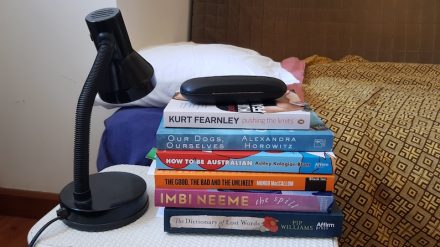
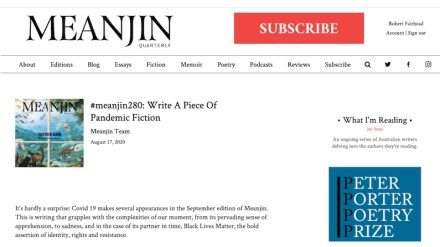

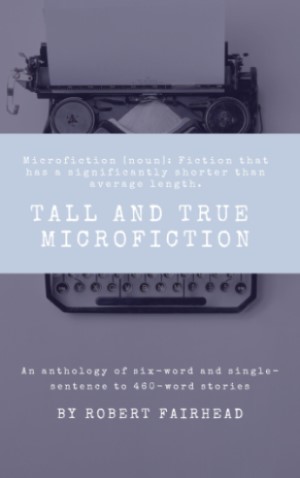
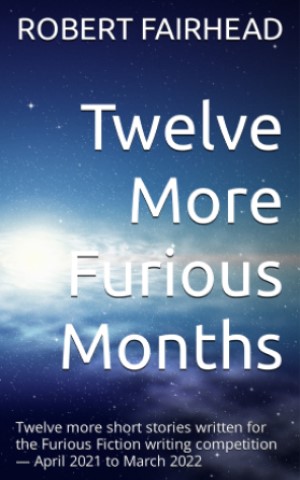
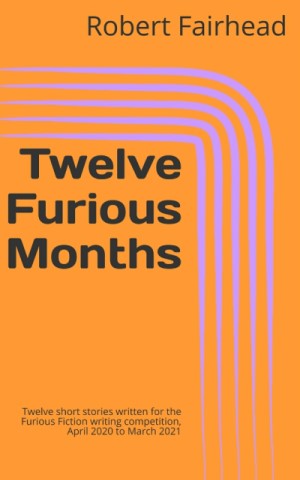
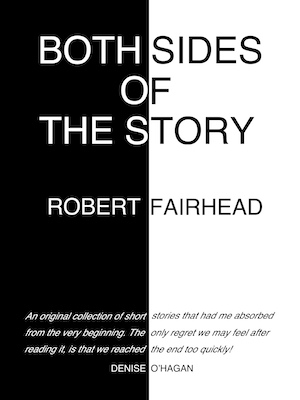

Excellent article, pulling together various strands in what’s involved in killing our darlings!
Thanks, Denise. It can be hard to kill our darlings, even when it’s only culling a few words and moving paragraphs around.